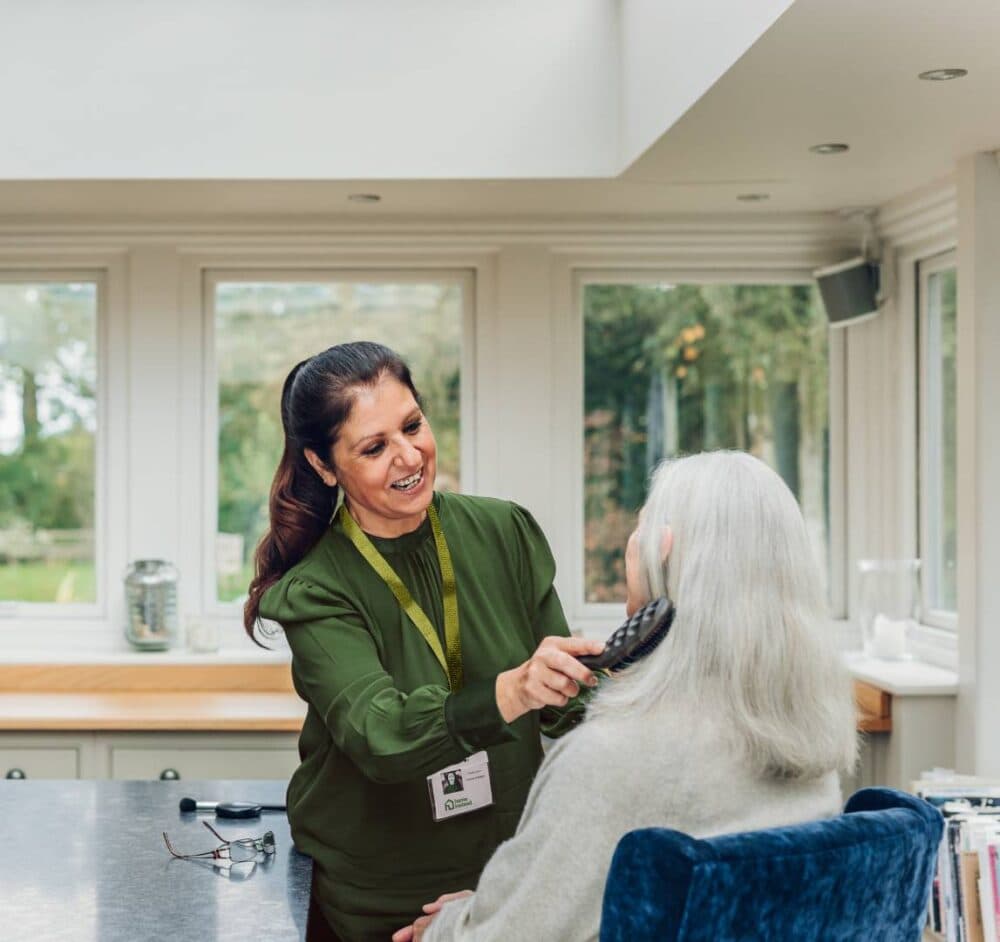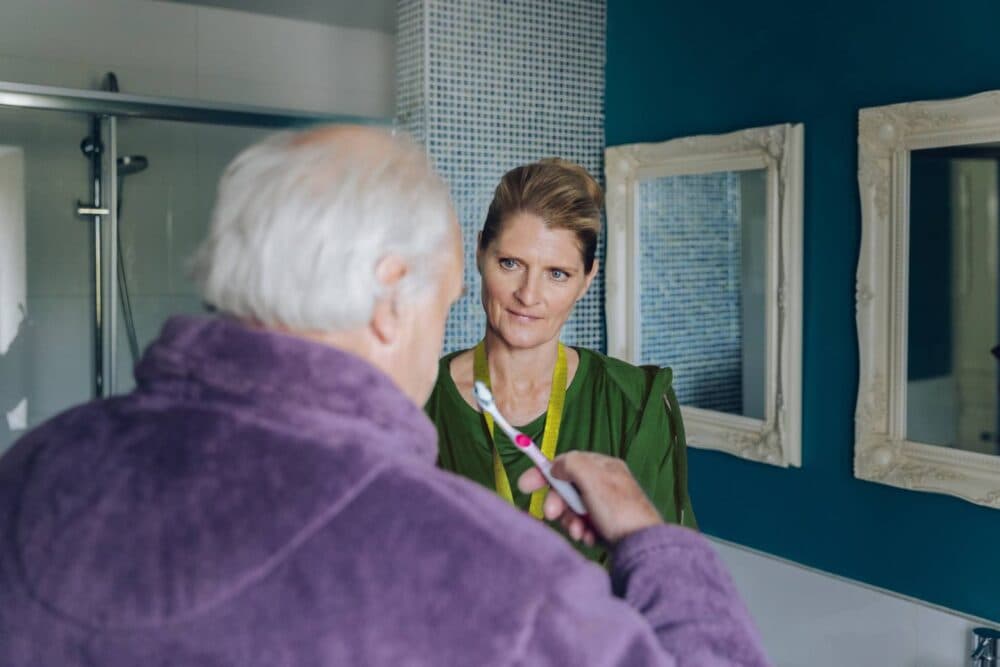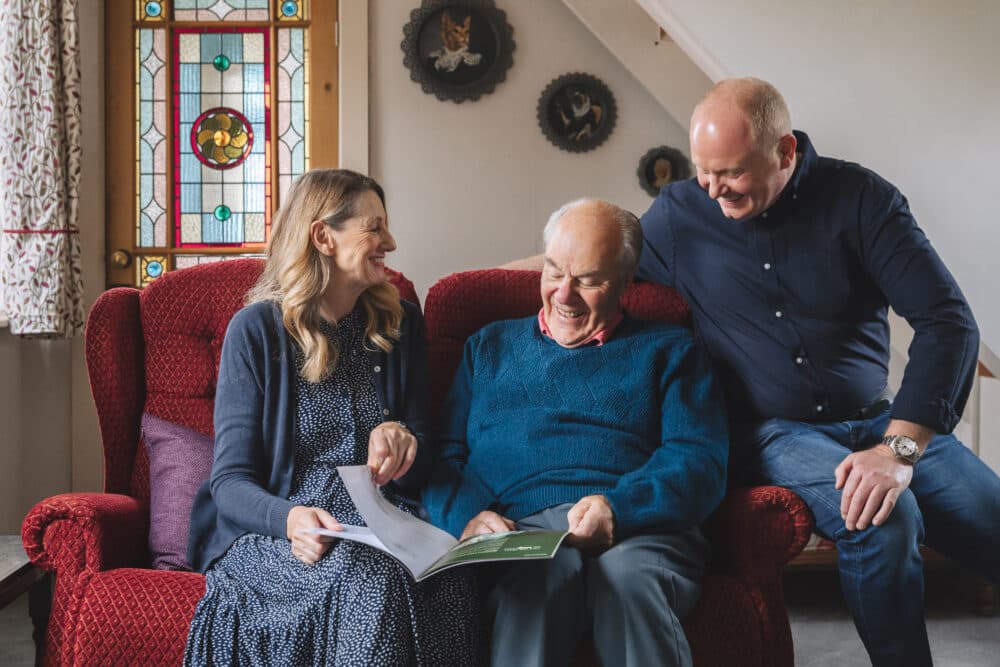Does a Live-in Carer Have to Pay Rent? The Answer Might Surprise You

Understanding Live-in Care: What Does It Involve?
Live-in care is an arrangement where a professional carer resides in a client’s home to provide support with daily tasks, personal care, and companionship. Unlike hourly care services, live-in carers are available throughout the day and, in some cases, remain on call for emergencies during the night.
This approach allows individuals to remain in their familiar surroundings while receiving consistent, one-to-one care tailored to their needs. It is particularly beneficial for older adults, those with dementia, or individuals with complex medical conditions requiring round-the-clock supervision.

Do Live-in Carers Pay Rent?
A common question that arises when discussing live-in care is whether the carer is responsible for paying rent. The simple answer is no. Live-in carers do not usually pay rent because their accommodation is considered a ‘benefit in kind’. This means that instead of a formal rental agreement, housing is provided as part of their overall employment package.
Carers receive a salary for their work, and in return, they are given room and board. This arrangement ensures that they remain available for emergencies while also providing them with a suitable living environment.

The Employment Package for Live-in Carers
Live-in carers are compensated through a structured employment package that typically includes:
- A salary, which varies based on experience and the level of care required
- Accommodation in the client’s home
- Some agreements may include food and utility costs
- Paid leave and scheduled breaks
While carers are not required to pay rent, they are responsible for their own income tax and national insurance contributions. Seeking financial advice can help them manage their obligations effectively.

What Are the Accommodation Requirements for a Live-in Carer?
Although live-in carers do not pay rent, they do require suitable accommodation within the client’s home. This includes:
- A private bedroom: This space should be comfortable, allowing the carer to rest and recharge. It does not need to be luxurious, but it should be clean, quiet, and include basic amenities.
- Access to a bathroom: A separate bathroom is not always necessary, but carers should have reasonable access to washing facilities.
- WiFi and entertainment: Many clients provide internet access and a television in the carer’s room to help them unwind during their personal time.
Respecting the privacy and comfort of the carer is vital to maintaining a positive and professional working relationship.

Who Covers the Cost of Food?
Clients are not required to pay for a live-in carer’s food. However, in some cases, the cost of meals is included in the employment package. There are typically three main approaches:
- The client covers all food costs, with carers and clients often sharing meals.
- The carer purchases their own food but assists with grocery shopping and meal preparation for the client.
- A pre-agreed arrangement is made where the carer contributes to shared food expenses.
Dietary preferences and requirements should be discussed in advance to ensure a suitable arrangement for both parties.

Working Hours and Time Off for Live-in Carers
Live-in carers generally work between 8 and 10 hours per day, with scheduled breaks throughout. Their working hours may be spread out across the day to accommodate the client’s needs, such as morning assistance, meal preparation, and evening support.
Most live-in carers follow a rotational schedule, such as:
- Working one or two weeks on duty, followed by time off
- Alternating with another carer to ensure continuous care
If a client requires frequent overnight assistance, a separate night care arrangement may be necessary to prevent the carer from becoming overworked.

Legal and Financial Considerations for Live-in Care
While live-in carers do not pay rent, there are several legal and financial aspects to consider:
Housing Rights of a Live-in Carer
Carers should be aware of their housing rights, particularly in cases where they are staying in a rented property. If the client is a tenant, the carer’s accommodation status may depend on whether they are formally added to the tenancy agreement.
Key points include:
- If the client is renting, they should notify their landlord about the carer’s presence.
- Some housing associations require 12 months’ notice before adding a carer to a tenancy agreement.
- If a carer moves in permanently, they may need to negotiate a formal rental agreement with the property owner.
What Happens if the Client Passes Away?
If a client passes away, the carer’s housing situation depends on the property’s tenancy status:
- If the client was a homeowner, the carer may be asked to vacate the property but must be given reasonable notice.
- If the client was a tenant, succession rights may allow a carer to remain in the property under certain conditions.
- Seeking legal advice can help carers understand their options in these situations

Who is Eligible for Live-in Care?
Live-in care is not solely for individuals with medical conditions. It is available to anyone who needs continuous support, whether due to age, disability, or personal preference. Many people choose live-in care to maintain their independence while having the reassurance of a trained professional nearby.
Eligibility for live-in care funding varies depending on financial status and care needs. While some local councils offer funding, many individuals choose to pay privately due to strict eligibility requirements for government assistance.

Choosing the Right Live-in Carer
Finding the right live-in carer requires careful consideration. Working with a reputable care provider, such as Home Instead Hamilton, ensures that carers are experienced, vetted, and trained to provide high-quality care. Professional care agencies also handle employment contracts, making arrangements clear for both clients and carers.

Final Thoughts: A Clear and Fair Arrangement
Live-in care provides a valuable service that allows individuals to remain in their own homes while receiving the support they need. Since accommodation is part of the employment package, live-in carers do not typically pay rent. However, clear agreements should be in place regarding living arrangements, working hours, and food provisions to ensure a fair and respectful relationship between carers and clients.
For those considering live-in care for themselves or a loved one, working with an established provider like Home Instead Hamilton can help navigate the details, ensuring a smooth and supportive arrangement for everyone involved.
